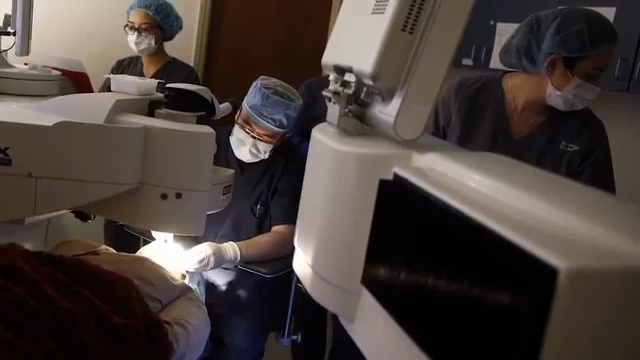A comprehensive eye examination is the best way to support healthy vision. It allows our eye doctors to screen for the early detection and management of eye diseases, monitor visual acuity, and ensure that your eyes remain healthy throughout your life.
Comprehensive Eye Exam
The most effective way to treat any eye condition is to diagnose it early on. Comprehensive eye exams performed by our eye doctors in our Las Vegas clinic can help you diagnose and treat any eye condition in its infancy. Our doctors and support staff provide our patients with a professional and warm environment. You must remain comfortable throughout your process, whether undergoing an eye exam or a more complex procedure.
At Abrams Eye Institute, ophthalmologists provide comprehensive eye exams in Las Vegas to diagnose and treat glaucoma, cataracts, macular degeneration, dry eyes, and other typical eye conditions. During our eye exams, we also check for hypertension, which can cause bleeding in the eye.






